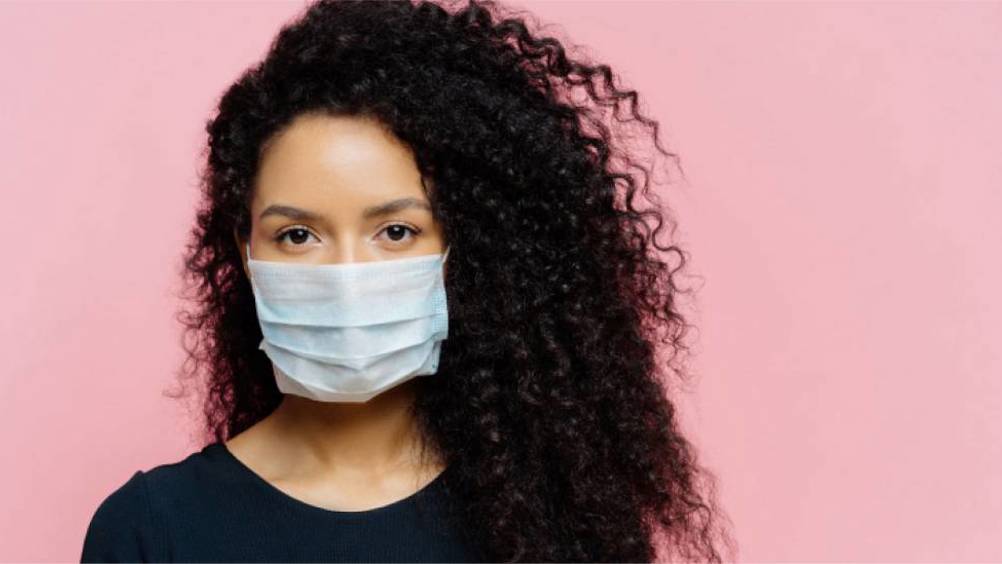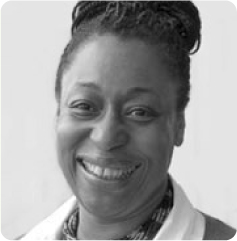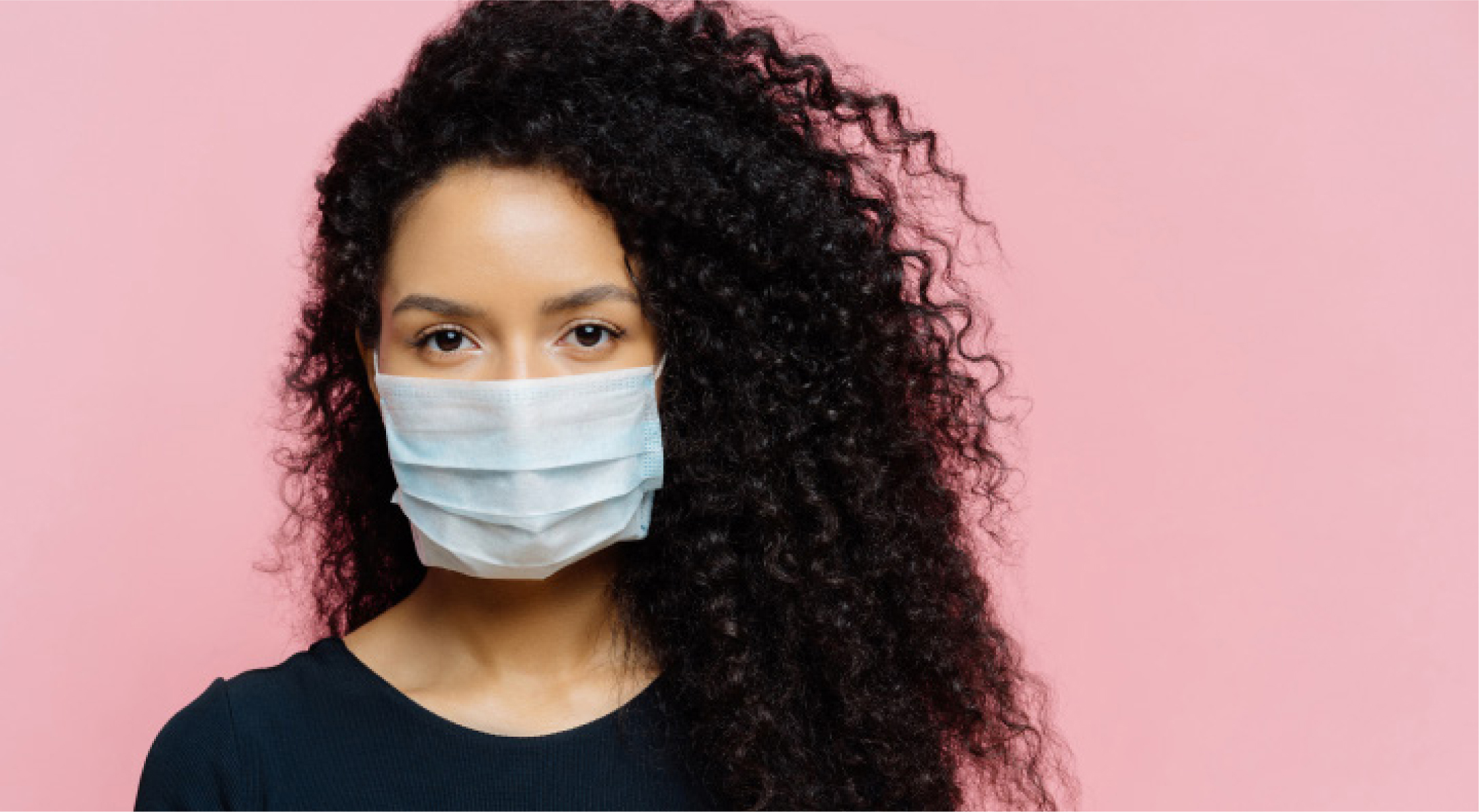References
Unmasking the problems of the COVID-19 pandemic


As nurses, the COVID-19 pandemic has led us to scrutinise our practice even further. It is obvious now more than ever that we must keep ourselves and our patients safe during these unprecedented times. While some practitioners have returned to clinics, the variety of treatments offered has been reduced due to the increased risk of transmission and Indemnity insurers adding further restrictions to our practise, including the need for a medical reason to perform an aesthetic procedure.
 Mask-wearing will bring new challenges regarding communication and being able to read emotions
Mask-wearing will bring new challenges regarding communication and being able to read emotions
The British Association of Cosmetic Nurses (BACN) is aware of the ongoing debate regarding which services can reopen and, in particular, what the difference is between cosmetic and medical aesthetic procedures.
Lengthy debates on our Facebook page have highlighted the confusion surrounding returning to work, and the lack of transparency from the Government in this area. The aesthetic treatments we deliver to the public as nurses (e.g. injectable fillers and neuromodulators) are medical treatments and should only be carried out by qualified medical professionals.
Register now to continue reading
Thank you for visiting Journal of Aesthetic Nurses and reading some of our peer-reviewed resources for aesthetic nurses. To read more, please register today. You’ll enjoy the following great benefits:
What's included
-
Limited access to clinical or professional articles
-
New content and clinical newsletter updates each month


